In recent years, amid the deteriorating situation for women, girls, and others in Afghanistan and Iran, there has been mounting public support for the recognition of the crime of gender apartheid. Gender apartheid occurs when perpetrators seek to maintain an institutionalized regime of systematic gender-based oppression and domination. In support of the organizationally-unbranded End Gender Apartheid campaign, the Strategic Litigation Project (SLP) has led the legal initiative to codify the crime of gender apartheid, including as a crime against humanity in the potential United Nations Crimes Against Humanity Treaty.
The treaty’s ongoing development presents the international community with a unique opportunity to codify gender apartheid as an international crime and rectify the current impunity gap that has left victims and survivors unable to hold State and individual perpetrators to account for the totality of the crimes that have been committed.
Jump ahead
Programs & centers
About the project
The SLP has specifically proposed an amendment of the definition of the crime of apartheid in the International Law Commission’s draft articles on the prevention and punishment of crimes against humanity—the starting point for the proposed treaty, which replicates the definition of racial apartheid from the 1998 Rome Statute of the International Criminal Court—to encompass both racial and gender-based apartheid.
SLP experts have helped build a legal and political movement in support of codification of the crime of gender apartheid under international law. Working in partnership with Afghan and Iranian civil society, the SLP engages with governments, UN experts, and other key stakeholders in advancing the legal arguments and justifications for gender apartheid recognition and codification.
Joint letter & brief
The SLP, in partnership with the Global Justice Center, has issued a joint letter and legal brief to United Nations member states urging their support for codifying the crime against humanity of gender apartheid in the draft treaty.
The letter was endorsed by dozens of prominent jurists, scholars, and civil society representatives, including:
- Shaharzad Akbar (Afghan women’s rights defender)
- Shirin Ebadi, Malala Yousafzai, Nadia Murad and Narges Mohammadi (Nobel laureates)
- Justice Richard Goldstone and Navi Pillay (South African jurists)
- Hillary Clinton (Former US Secretary of State)
- Mary Robinson (Former president of Ireland)
- Antonia Urrejola (Former Chilean foreign minister)
- Fatou Bensouda (Former International Criminal Court Chief prosecutor)
- Gloria Steinem (Renowned global feminist)
- Kenneth Roth (Former executive director of Human Rights Watch)
- Tsakhiagiin Elbegdorj (Former president of Mongolia)
- Baroness Helena Kennedy (Prominent barrister and member of the UK House of Lords)
Recommended reading
Our experts
Stay connected
Subscribe to the SLP’s quarterly newsletter for the latest updates on our work on prevention and accountability efforts for atrocity crimes, human rights violations, and terrorism and corruption offenses around the world.
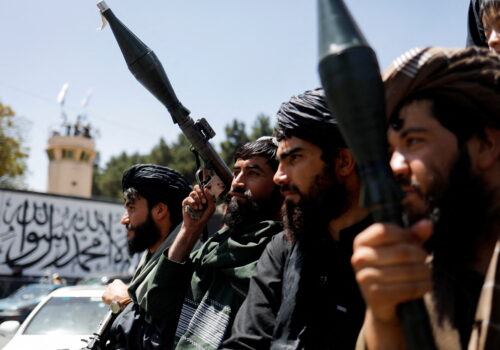
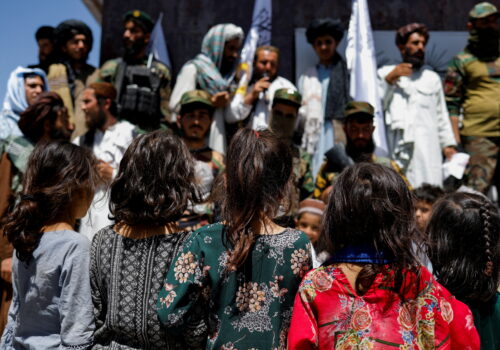
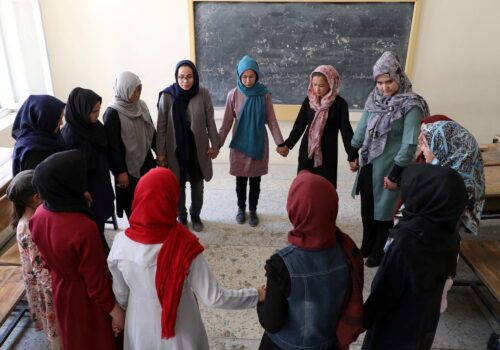
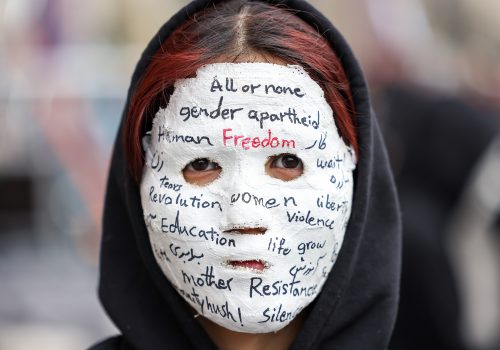




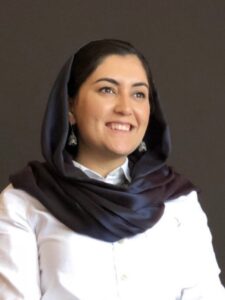




Follow us on social media and support our work